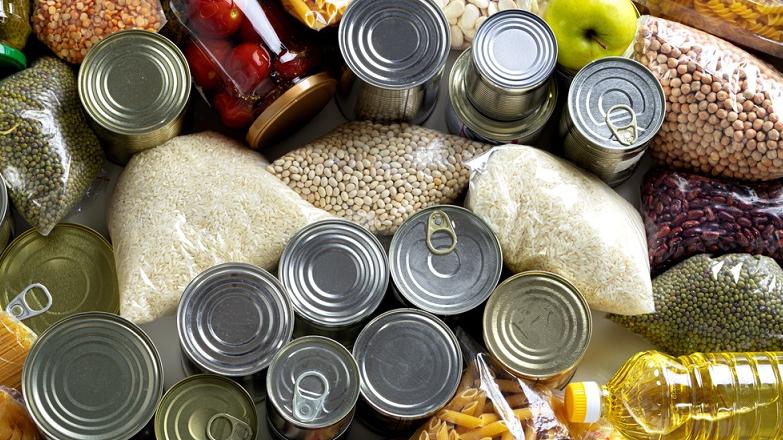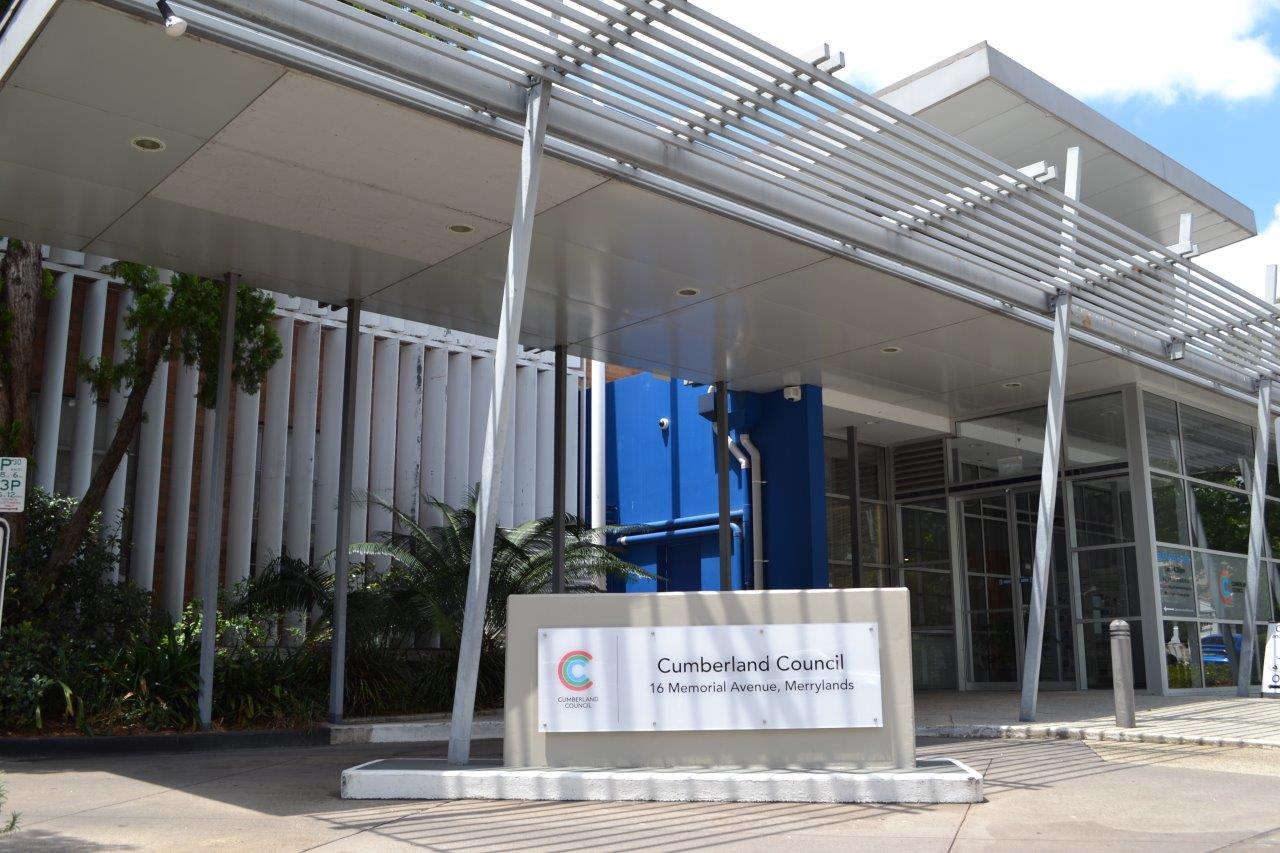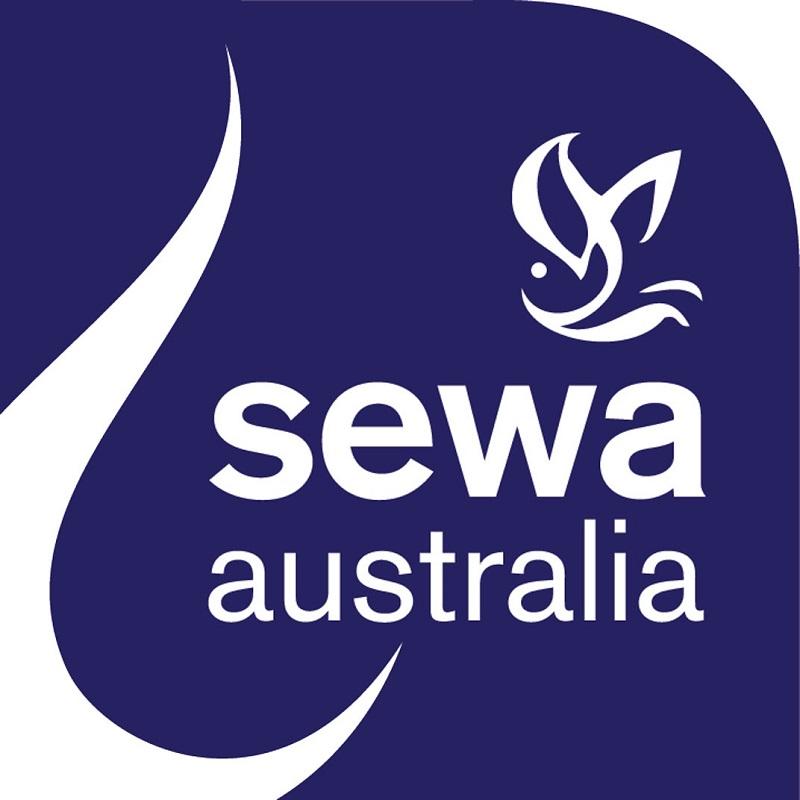
Locations and opening times
Wentworthville Community Centre from 10am to 12 noon, every Monday. Closed on Public Holidays.
If you are struggling and in need of assistance, Cumberland Community Pantry can help.
The pantry relies heavily on donations of pantry staples, toiletries and personal hygiene products to keep them open, especially during the holiday season.
If you would like to support this cause, non-perishable donations can be made in person during operating hours to the pantry at Wentworthville or during normal business hours at Council’s Customer Service Centres at Merrylands or Auburn during the festive season.
Council is also accepting donations for the community pantry at upcoming community events. Come and find us at a Council stall at the next major event if you wish to donate.
Program details
The volunteer run pantry allow struggling residents to obtain essential and non-perishable items, which aims to support them through the rising cost of living.
Donations of non-perishable items will be accepted and made available to collect.
Donations which can or cannot be accepted are outlined below.
We accept
- Pantry items including pasta, rice, cereal, tinned goods, packaged snacks
- Non-refrigerated drinks
- Toiletries
- Personal hygiene products
- Tissues, toilet paper
We do not accept
- Expired food or toiletries
- Open food packages
- Food with a short shelf life
- Sharp items including razors
- Toys
- Clothes
- Household kitchen appliances
Give what you can, take what you need!
Further information
What is a community pantry?
A community pantry is a service often initiated by a not-for-profit or non-profit organisation to provide food for people and families who are in need of assistance. The items are affordable groceries, essential household items, family meals and fresh food and is often offered at a budgeted price or free. Food pantries can be opened in a permanent location or can be a mobile distribution service.
How does it work?
The ability of a local food pantry to provide the needed food and commodities depends largely on donations. Food pantries collect food from sources including:
- Donations in the form of goods, non-perishable foods, or monetary donations from members of the general public.
- Companies in the food industry that donate money and provide non-perishable food donations.
- First-hand donations from farmers who donate fruits, vegetables, and milk.
Once these donations reach the pantry, they are then sorted, managed, and stored. This is to make sure that the donated food and other commodities are not damaged, contaminated, or expired.
Why is a Community Pantry Important
The pantry can be an integral part of any community. The process of donating and receiving food from the local pantry not only helps to feed individuals, but it can also help them in other ways such as
- Allowing people who are struggling with poverty to save money that they would have otherwise spent on groceries or buying prepared meals.
- Helping local communities become self-sustaining through donations and volunteerism/donations from community members.
- Encouraging healthy eating habits in low-income families with children that may not have access to fresh food otherwise. Allowing for them to get fruits and vegetables in their local area.
Volunteer groups
Contact
For questions or enquires, contact Council on 8757 9000.






